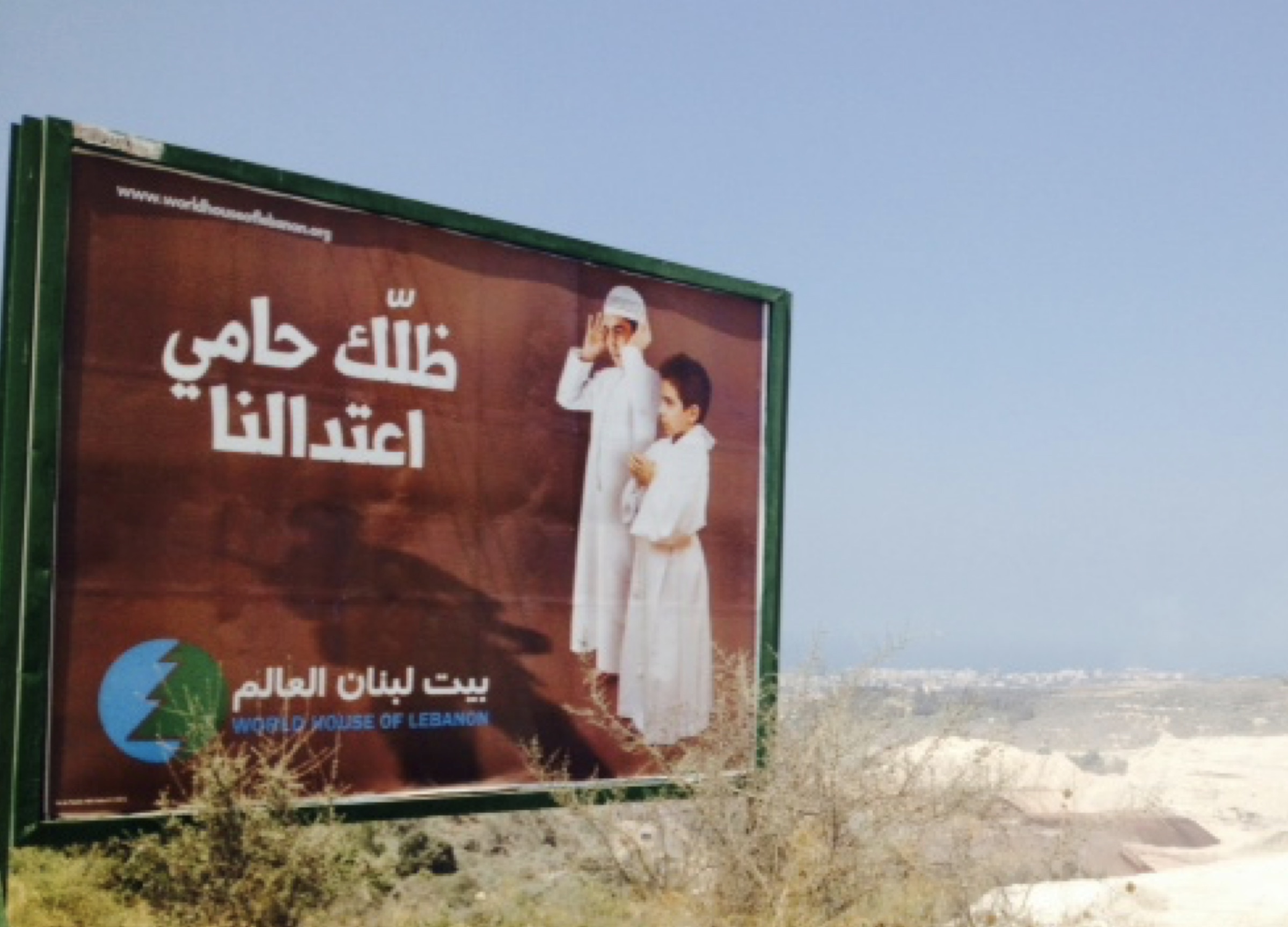study: conflict is driven by perceptions of fair or unfair treatment, not religious, ethnic, and political differencesResearchers at The New School and Carnegie Mellon University interviewed members of sectarian groups in Lebanon, ethnic groups in Morocco, and ideological factions in the United States |
NEW YORK, March 1, 2017 — We often conceive of modern conflict as being the result of sectarian, ethnic, or ideological divisions. But a new study finds those aren’t necessarily the factors driving tension and strife. Researchers at The New School for Social Research (NSSR) and Carnegie Mellon University (CMU) found that people don’t turn against each other because of religion or politics, but rather because of their perception that an opposing group doesn’t treat them fairly. “In essence, people are saying, 'I can live close to you, be friends with you, and trade with you even if you don’t believe in the same God or eat the same foods,'” said Jeremy Ginges and Nadine Obheid of NSSR and Nichole Argo of CMU. '“But I will distance myself from you and your group in these ways if I perceive that you don’t play fair or that you don’t care about others.'” For the study, published in Personality and Social Psychology Bulletin, Ginges, Obeid, and Argo interviewed hundreds of members of sectarian groups in Lebanon, ethnic groups in Morocco, and ideological factions in the United States. Their findings challenge prevailing political claims that conflicts arise because of differences in what the researchers call “binding” values, such as beliefs about God, purity, or deference to authority. Members of groups may hold these ideas to be of great importance, but they don't necessarily expect others to share those beliefs. In Lebanon, the authors asked 376 undergraduates from the Lebanese American University — a mix of Christian, Sunni and Shiite students from middle-class backgrounds — how comfortable they'd be living near and socializing with members of other sectarian groups. The answer, they found, depended on the degree to which the students thought members of the other group espoused values such as fairness. The researchers made the same observation in Morocco, where they interviewed 100 Arabs and Berbers in six districts around Greater Casablanca. After finding that perceived differences in moral worldviews influenced intergroup relations, the authors asked if this might also work the other way around: Could altering intergroup relations change perceptions of moral difference between groups? To find out, Ginges, Obeid, and Argo interviewed 362 New Yorkers about their opinions on rights to abortion and same-sex marriage. They found that for participants who took either the typically liberal or conservative stance, thinking about divisive social issues led to a perception of greater distance between themselves and others in terms of moral values, but not “binding” ones. “This study provides insights about others, but also ourselves,” the researchers said. “Do we really distance ourselves from others because of the religious garb they wear, or what they eat? No. We distance ourselves when we don’t trust them to treat us well. People hate us when they think our actions disregard them, or worse, constitute attacks against them. It’s the golden rule: how we treat others matters.” |
|
Founded in 1919, The New School was born out of principles of academic freedom, tolerance, and experimentation. Committed to social engagement, The New School today remains in the vanguard of innovation in higher education, with more than 10,000 undergraduate and graduate students challenging the status quo in design and the social sciences, liberal arts, management, the arts, and media. The New School welcomes thousands of adult learners annually for continuing education courses and calendar of lectures, screenings, readings, and concerts. Through its online learning portals, research institutes, and international partnerships, The New School maintains a global presence. For more information, visit The New School's website. |
 |
MARKETING AND COMMUNICATION |
| 79 Fifth Avenue New York, NY 10003 www.newschool.edu |
PRESS RELEASE |
Media Contacts: Scott Gargan, |
|
|
